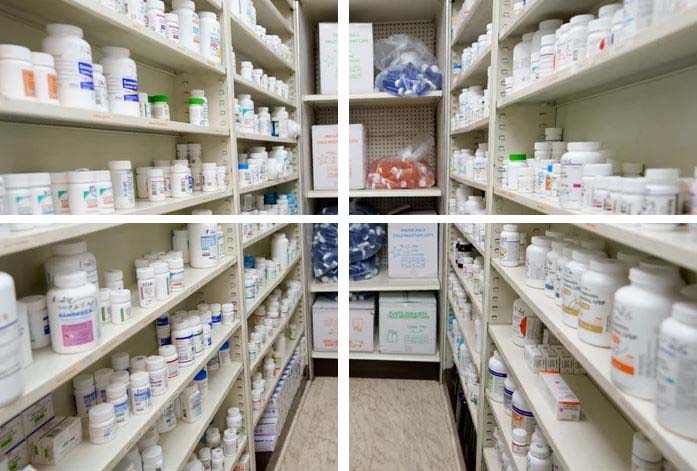
In a concerning development, recent reports have revealed the disappearance of large quantities of essential pharmaceutical drugs from global markets, raising fears of a potential health crisis threatening millions of patients who rely on these medications to manage chronic conditions or save their lives. This shortage comes at a time when the pharmaceutical industry is facing multiple disruptions, from supply chain issues to unprecedented price hikes, putting healthcare systems to the test in securing suitable Pharmaceutical Drugs Disappear
Reasons Behind the Drug Shortages
According to an analysis published by HuffPost, several factors are contributing to the scarcity of certain medications, including:
- Global Supply Chain Disruptions: Geopolitical conflicts, such as the war in Ukraine, have disrupted the shipment of raw materials needed for drug manufacturing, particularly those produced in major pharmaceutical exporters like China and India.
- Monopolies and Price Gouging: Several pharmaceutical companies have been accused of monopolizing key active ingredients and drastically increasing prices, forcing some countries to forgo purchasing these drugs due to insufficient funds.
- Rising Global Demand: The increase in chronic diseases and pandemics has led to a surge in demand for certain medications, outpacing production capacity and creating a gap between supply and demand.
- Black Market Fluctuations: The smuggling and resale of drugs at inflated prices on the black market have reduced their availability through official channels.Pharmaceutical Drugs Disappear
Key Medications Affected by the Shortage
Among the drugs experiencing significant shortages are:
- Antibiotics like amoxicillin, used to treat bacterial infections.
- Cancer medications such as carboplatin, affecting thousands of patients.
- Diabetes and hypertension drugs, relied upon by millions worldwide.
- Childhood vaccines, raising fears of the resurgence of previously controlled diseases.
Impact on Patients and Healthcare Systems
The disappearance of these drugs has led to severe consequences, including:
- Doctors prescribing less effective or more expensive alternatives.
- Patients rationing doses or discontinuing treatment altogether.
- Increased mortality rates in poorer countries due to a lack of life-saving medications.
International Responses
The World Health Organization (WHO) has called for an emergency meeting to address the crisis, while some countries have taken precautionary measures, such as:
- Stockpiling additional supplies of critical medications.
- Encouraging local production to reduce import dependence.
- Imposing export restrictions to prioritize domestic availability.
Can Future Crises Be Avoided?
Experts suggest that solving this issue requires a fundamental overhaul of the global drug manufacturing and distribution system, including:
- Diversifying production sources to avoid reliance on a single country.
- Increasing pricing transparency and preventing monopolistic practices.
- Strengthening international cooperation to address health emergencies.
How Can Patients Protect Themselves?
Doctors advise affected patients to take the following steps:
- Consult their physicians for safe alternatives.
- Avoid purchasing medications from unverified sources.
- Advocate for fairer drug distribution policies.
Conclusion
The drug shortage crisis is not just a commercial issue—it is a humanitarian one that impacts millions of lives. Without urgent action from governments and pharmaceutical companies, we may face an unprecedented health disaster, particularly in developing nations with already fragile healthcare systems.
